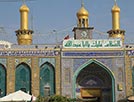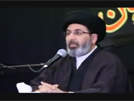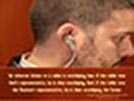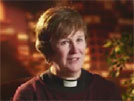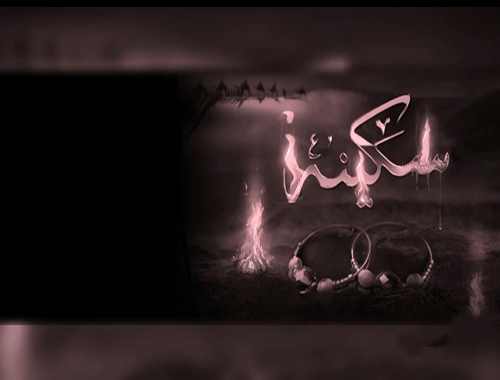verse107
- Details
- Hits: 2365
(107) فَإِنْ عُثِرَ عَلى أَنَّهُمَا اسْتَحَقَّا إِثْماً فَآخَرانِ يَقُومانِ مَقامَهُما مِنَ الَّذِينَ اسْتَحَقَّ
عَلَيْهِمُ الْأَوْلَيانِ فَيُقْسِمانِ بِاللَّهِ لَشَهادَتُنا أَحَقُّ مِنْ شَهادَتِهِما وَ مَا اعْتَدَيْنا إِنَّا إِذاً لَمِنَ الظَّالِمِينَ
107. " Then if it becomes known that both of them have been guilty of a sin (of perjury), then two others (of Muslims) shall stand up in their place from among those nearest (to the diseased) who have a claim against them, and swear by Allah: ' Certainly our testimony is truer than the testimony of those two, and we have not transgressed (the limits), for then we would indeed be of the unjust'."
Commentary :
It should be unconcealed that when those persons, who are next of kin to the dead, bear witness or make an oath, their action is based on the information that they have had from before about the dead person's properties at the time of journey or other than that.
Therefore, you are not rightful to search or to be inquisitive, but when there comes forth a new information, the situation changes. As the explanation of Mufradat-i-Raqib, an Arabic-Persian dictionary, indicates, an acknowledgment without any research, in Arabic language, is called /'uthr/ The verse says :
" Then if it becomes known that both of them have been guilty of a sin (of perjury), then two others (of Muslims) shall stand up in their place from among those nearest (to the diseased) who have a claim against them, and swear by Allah: ' Certainly our testimony is truer than the testimony of those two, and we have not transgressed (the limits), for then we would indeed be of the unjust'."
* * * *

